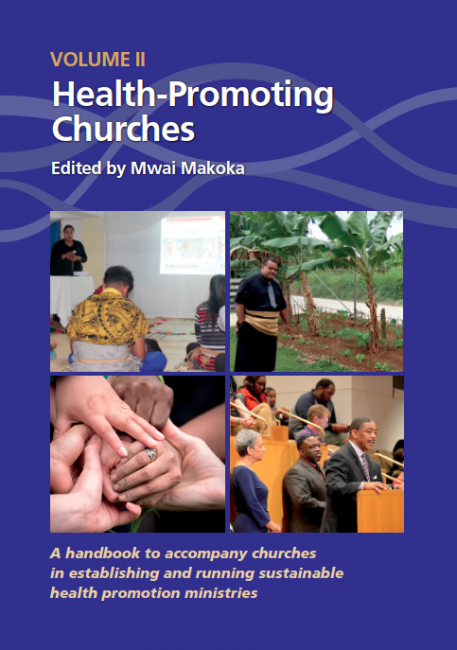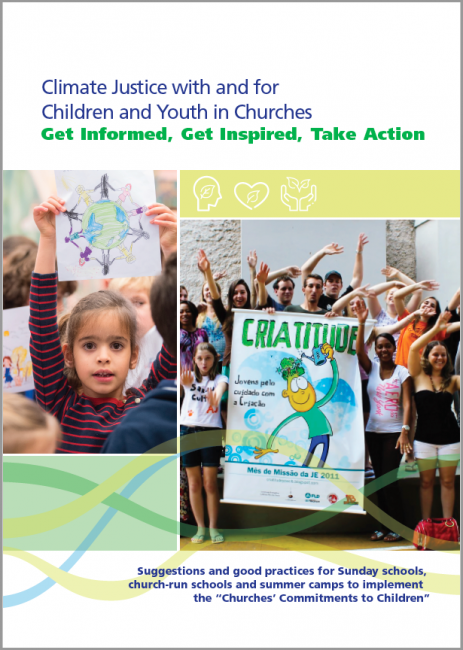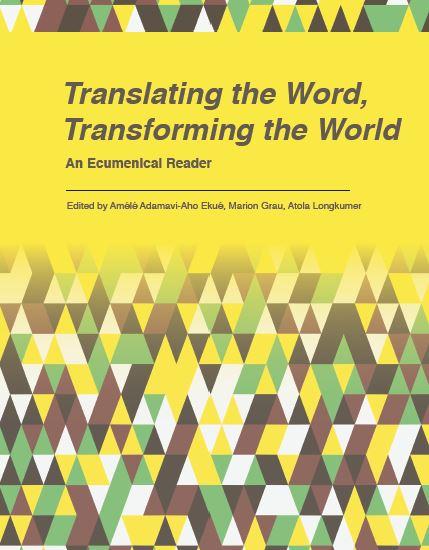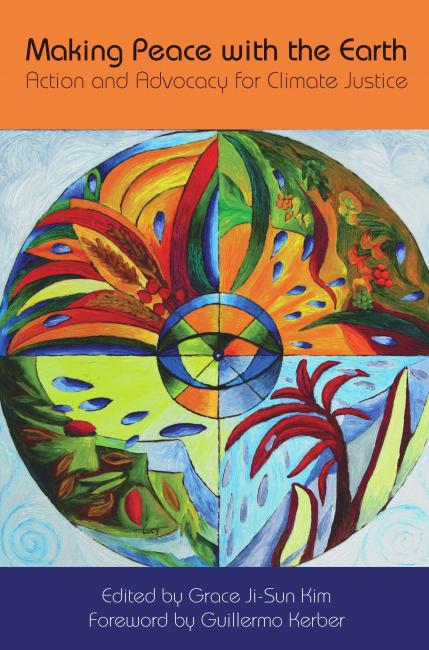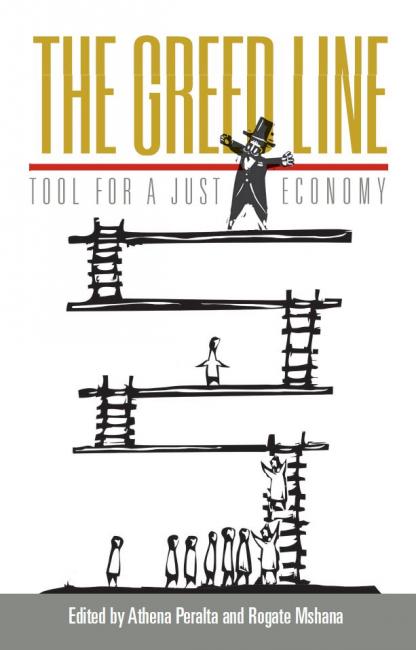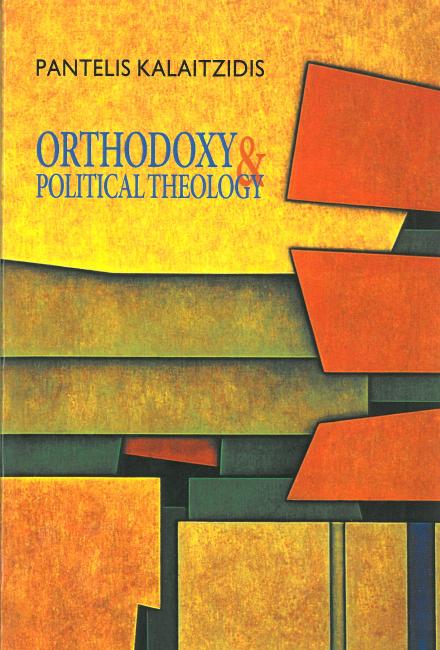Displaying 1 - 18 of 18
Walk the Talk
A Toolkit to Accompany the "Roadmap for Congregations, Communities and Churches for an Economy of Life and Ecological Justice"
31 August 2021
Ecumenical International Youth Day 2021 Event Toolkit
Young People and Climate Justice
06 August 2021
Health-Promoting Churches Volume II:
A handbook to accompany churches in establishing and running sustainable health promotion ministries
28 April 2021
Love and Witness
Proclaiming the Peace of the Lord Jesus Christ in a Religiously Plural World
18 January 2021
Climate Justice with and for Children and Youth in Churches
Get Informed, Get Inspired, Take Action
25 October 2020
Hope in These Troubled Times
02 December 2019
The Greed Line: Tool for a Just Economy
01 February 2016
Orthodoxy and Political Theology
15 May 2012
Shoki Coe: An Ecumenical Life in Context
01 February 2012
Spiritual Values for Earth Community
01 January 2012





